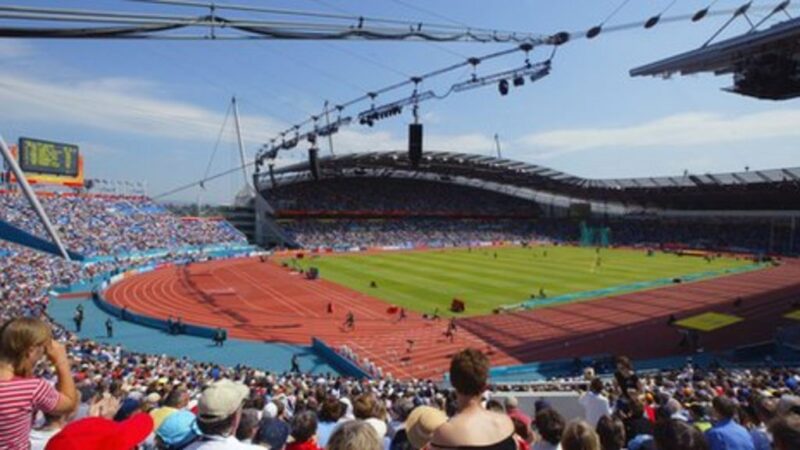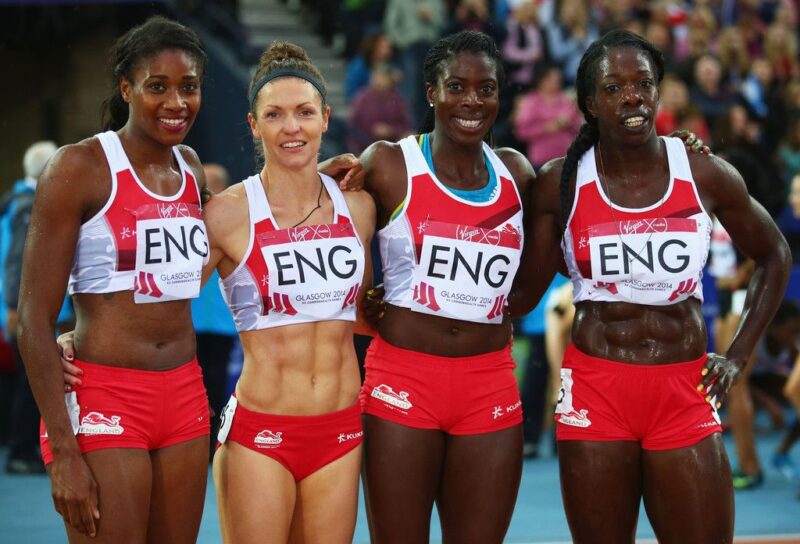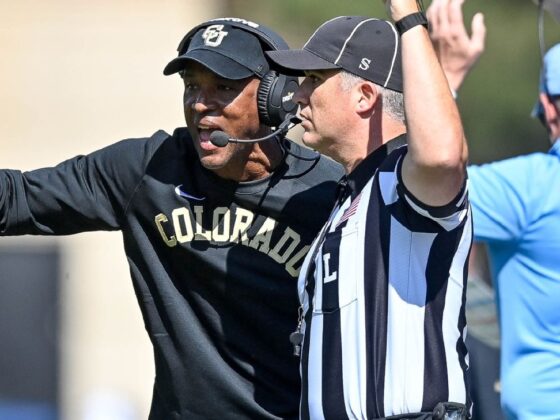The Commonwealth Games will see the number of compulsory sports cut from 12 to two
The Commonwealth Games: Compulsory sports cut to two is a story that is circulating around the Commonwealth Games. The games are scheduled for 2023, but there is an announcement that they will be cutting some of the events in order to save costs.
Surfing is a sport that may be included to the Commonwealth Games in the future

The number of obligatory sports that Commonwealth Games hosts must stage will be reduced from 16 to only two in the future.
Only athletics and swimming will be preserved under a radical new “strategic roadmap” intended to ensure the event’s survival.
With organizers trying to persuade towns to bid for the Games, the reorganization is intended to offer prospective hosts greater control over their programming.
Cities will be encouraged to choose completely new disciplines that are popular locally, in addition to having more flexibility to choose urban and e-sports in order to appeal to younger audiences.
Co-hosting will be encouraged in an effort to save costs and innovate, and an athletes’ village will not be required.
However, the numerous sports whose participation in the program would no longer be obligatory will undoubtedly be concerned.
The changes will be particularly concerning for non-Olympic sports like squash, netball, and lawn bowls, for whom the Commonwealth Games represents the apex of their calendar.
“Our Games must adapt, develop, and modernize in order to retain its relevance and reputation,” said Dame Louise Martin, head of the Commonwealth Games Federation (CGF).
She said the plan, which was adopted during a CGF General Assembly meeting, “marks the beginning of an exciting new era for the Games.”
Birmingham 2023 will include nineteen sports, however the current plans suggest that this number be cut to approximately 15 for the 2026 tournament.
Athletics and swimming are protected by the CGF “owing to their historical position on the program since 1930, and based on universality, participation, broadcasting, spectator interest, para-inclusion, and gender balance,” according to the CGF.
The list of required core sports has changed dramatically over time

Athletics (including para-athletics), badminton, boxing, road cycling, artistic gymnastics, hockey, judo, lawn bowls (including para-bowls), netball, rugby sevens, squash, swimming (including para-swimming), table tennis, triathlon, weightlifting/powerlifting, and freestyle wrestling are among the 16 sports scheduled for Birmingham 2023.
Diving, basketball (3×3 and wheelchair), mountain biking, track and time trial cycling, rhythmic gymnastics, para-triathlon, beach volleyball, women’s T20 cricket, and para-table tennis were chosen for Birmingham from a pre-determined list of optional sports.
By limiting the number of required sports to only athletics and swimming, the new roadmap will give hosts more leeway to include new Olympic sports like surfing, skateboarding, and climbing, as well as e-sports.
Sports that are particularly popular in the host nation, such as lacrosse in Canada or kabaddi in India, would be promoted as well.
All sports will now go through a consultation process, but one world federation source claimed the proposals will “keep everyone on their toes.”
“Let [hosts] pick and select what they want, what they can do, and who they can share the occasion with,” Dame Louise told Sport.
“I believe it would be a win-win scenario for everyone because it would open up Commonwealth Games to other smaller nations, which is the way ahead in my opinion.”
“What we need to do is discover sports that today’s kids like, so nothing is off the table.”
Insiders say Australia, Canada, India, and Sri Lanka have shown interest in hosting the 2026 Games, but no host has been confirmed yet.
“I am quietly optimistic that [the 2026 host] will be announced in the first quarter of next year, prior to Birmingham,” Dame Louise added. “We collaborate with cities and nations.”
“Hopefully, next year, we’ll be able to demonstrate that you can bring in other nations to co-host.” We’ve been attempting to persuade smaller nations to host a Games, but they’re just too tiny to do so under the current format.
“As a result, we’re looking at the roadmap to determine what’s required and what we actually need to accomplish. If one nation has a great athletics stadium and the next country has a fantastic shooting range, let’s collaborate and see what we can do.”
The plan also says that an integrated para-sport program should remain a major element of the Games, and that mass-participation events should be promoted.
After a series of missed deadlines and financial difficulties, Durban was deprived of the privilege to host the 2023 Games in 2017, illustrating the challenges that big sports event host cities face.
The CGF was left with just two options for successor cities: Birmingham or Liverpool.


The commonwealth games host cities is a sporting event that has been held since 1930. The 2019 Commonwealth Games will be the first time that there are only two compulsory sports.


 Surfing is a sport that may be included to the Commonwealth Games in the future
Surfing is a sport that may be included to the Commonwealth Games in the future
